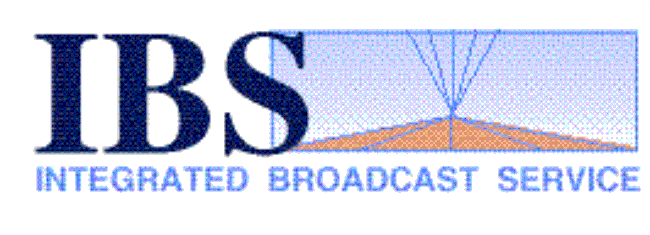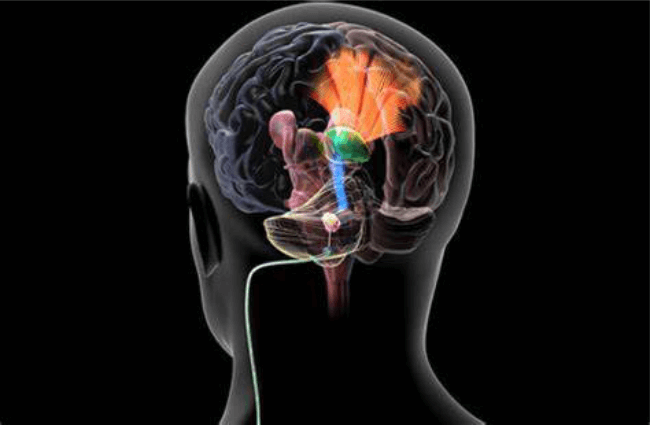What is the full form of IBS(i) IBS: Irritable Bowel SyndromeIBS stands for Irritable Bowel Syndrome. Irritable bowel syndrome is a condition that affects the gastrointestinal tract, which is typically comprised of the stomach and intestines. Constipation, diarrhoea, and abdominal pain are all possible symptoms, and there may also be cramping. IBS is a chronic condition that needs ongoing care. 
Severe symptoms are only experienced by a very small percentage of IBS patients. Some people can alter their food, manner of life, and stress levels to manage their symptoms or feel comfortable. More severe symptoms may be managed with medication and counselling. IBS neither changes the tissue in your intestines nor increases the risk of getting colorectal cancer. IBS symptoms might vary, but they frequently last for a long time. The most frequent symptoms of IBS are as below:
The sense of incomplete ejection and a rise in gas or mucus in the stool are two additional symptoms that are frequently associated. (ii) IBS: International Business SystemIBS stands for International Business System. An international business is one that operates on a global or international level and crosses national borders to exchange goods, services, capital, and information. 
In IBS, there are involved cross-border exchanges of goods and services between two or more countries. Economic resources such as capital, skills, and people are traded to produce physical commodities and services like finance, banking, insurance, and construction on a global scale. Globalization and international trade are two related terms. To conduct business abroad, multinational corporations must integrate diverse national marketplaces into a single global marketplace. Two large-scale factors highlight the trend toward increased globalization. The first is the removal of barriers to cross-border trade (for example, the free flow of goods and services and capital, known as "free trade"). The second factor is technological progress, particularly essential in information processing, communication and transportation. (iii) IBS: Integrated Broadcast ServiceIBS stands for Integrated Broadcast Service. In order to research the existing Ultra High Frequency (UHF) intelligence broadcast services and one new concept for combining the services, the Broadcast/Receive Working Group was founded in 1994. This was carried out as a part of a larger intelligence migration exercise led by the Intelligence Systems Secretariat and Intelligence Systems Board (ISS/ ISB) to reduce the number of distinct intelligence systems (Binocular). The group's goal was to identify and investigate problems related to the potential consolidation of service functionality into a smaller number of services, including resource duplication, formatting issues, and bandwidth contention, as well as functional redundancy, inefficiency, and impacts on the target user. The group also made recommendations regarding concepts that merited further investigation. 
IBS is a seven-year-long, $60 million development project to provide a single global information dissemination service to replace traditional intelligence broadcast systems. IBS is supposed to be the leading illustration of information management and distribution in the Defence and Intelligence communities. The corporate solution of IBS makes use of web-based profiles, robust data fusion, database replication, multi-level security, and a four-tier management strategy in addition to C++, JAVA, XML, and UML-based technologies. The programme adheres to the established management and engineering procedures, such as SEI CMM Level 3 and Earned Value Management (EVM), among others. (iv) IBS: Irritable Brain SyndromeIBS also stands for Irritable Brain Syndrome. Irritable brain syndrome, or IBS, is a group of symptoms that have an influence on your brain system. It is a typical but unpleasant kind of disease. 
Functional gastrointestinal (GI) disorders include IBS. These ailments, also known as illnesses of gut-brain symbiosis, are linked to issues with how your gut and brain communicate. These problems change the contraction of your stomach muscles and make your digestive tract particularly sensitive. Constipation, headache, diarrhoea, and abdominal pain follow as a result. The condition most frequently affects people in their late teens to early 40s. IBS may affect women twice as frequently as males, and it can affect several family members. You might be more vulnerable if you have:
It is recommended to consult your primary care physician or other regular healthcare professionals if experiencing IBS symptoms.
Next TopicFull Form
|
 For Videos Join Our Youtube Channel: Join Now
For Videos Join Our Youtube Channel: Join Now
Feedback
- Send your Feedback to [email protected]
Help Others, Please Share










